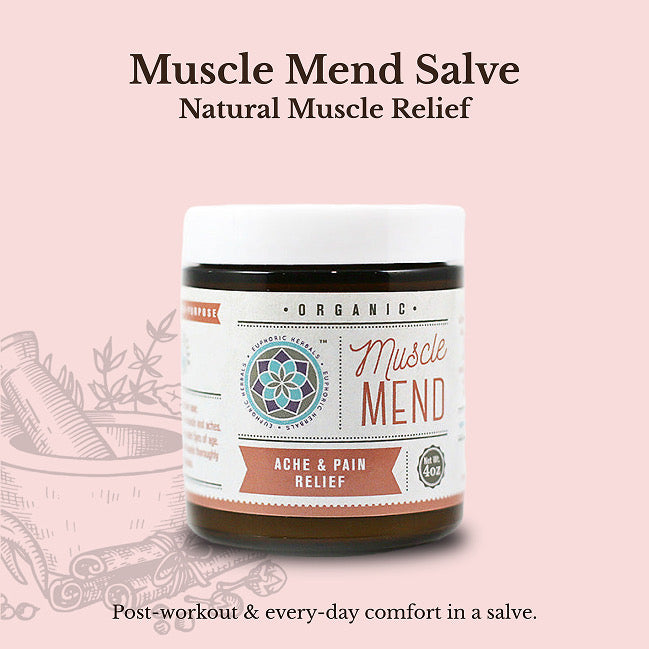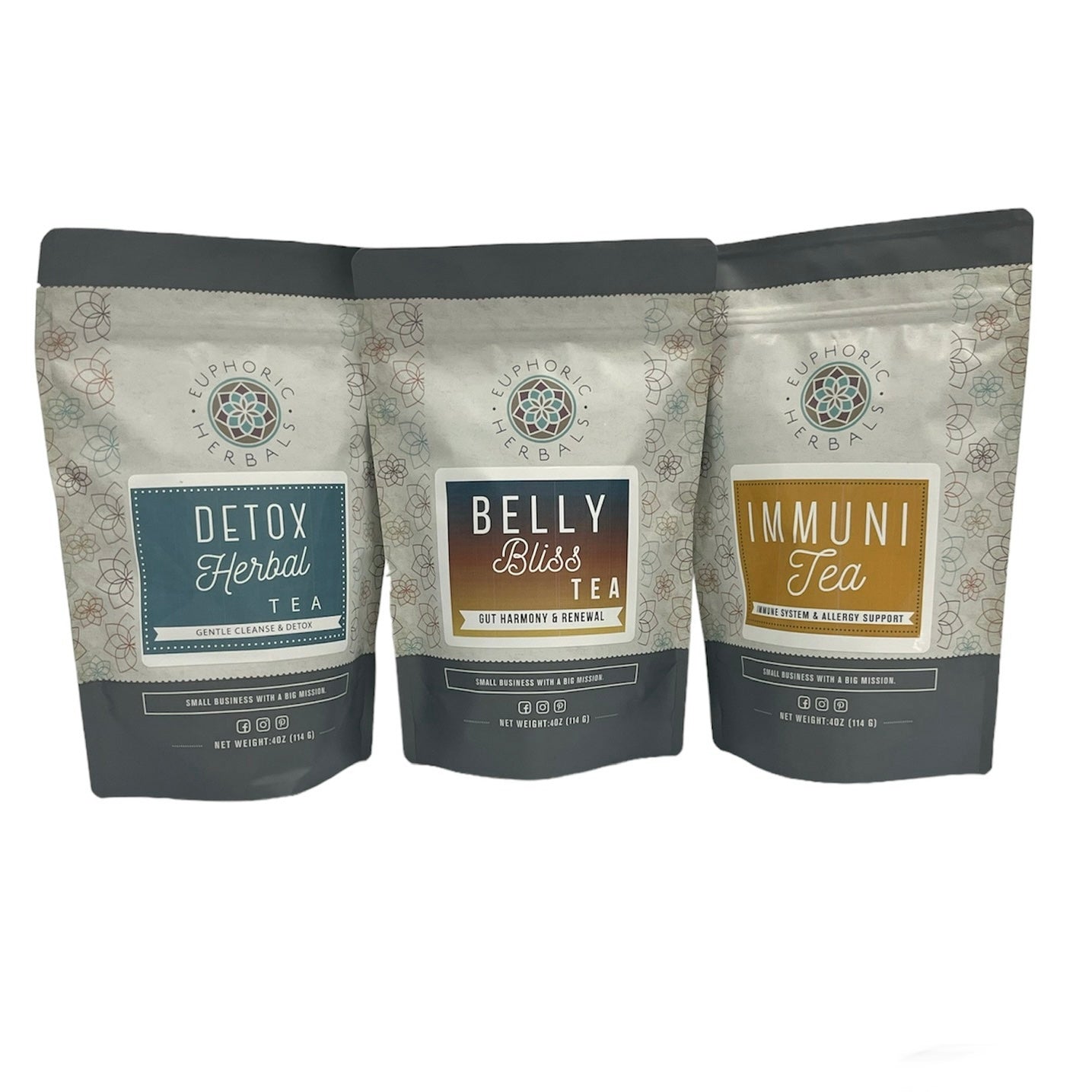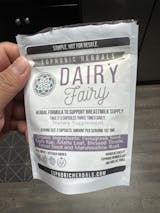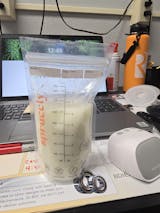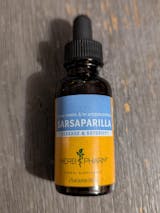The 5 Best Herbs for the 3rd Trimester by Daniel Powers
The third trimester is one of the most exciting times of pregnancy.
Once baby arrives, your life will change forever (in the best way possible).
As you finish the final nesting phase, here are some of the best herbs that will work to naturally support your body during the 3rd trimester.
Best Herbs For the 3rd Trimester:
There are many popular herbs for the 3rd trimester. Below are the top researched-backed herbs for pregnancy.
1. Raspberry Leaf
Red raspberry leaf works to strengthen the uterine walls.
Research shows that the phytochemical compounds in red raspberry leaves are known to help tone the muscles in the pelvic area, including the walls of the uterus. This is important because it can help to make delivery easier.
Dose:
To make tea, use 2 teaspoons of red raspberry leaf, add hot water and infuse for 10-15 minutes. Drink 1-3 cups of tea per day.
For most women, it appears to be safe to drink 1–3 cups per day in the 3rd trimester, though intake should be limited to 1 cup early on in pregnancy.
2. Oat Straw
Oat straw is rich in blood-building nutrients, minerals, and vitamins.
The nutrient profile of oat straw includes:
- chromium
- magnesium
- iron, calcium
- phosphorous
- and vitamins A, C, and the Bs.
As a trophorestorative, it can also provide a gentle calm to the nervous system, which can help with fighting stress and improving sleep.
Dose:
To make tea, use 1-3 teaspoons of oat straw, add hot water and infuse for 10-15 minutes. Drink 1-3 cups of tea per day.
You can also use our Womb Wellness Tea, which contains a blend of herbs for use during pregnancy (including oat straw).
3. Marshmallow Root
Marshmallow root has been used in traditional medicine and throughout history as a tea, tincture, or chewed as medicine.
Marshmallow has mucilaginous properties which have a soothing effect on internal complaints, like acid reflux, during pregnancy.
When acid reflux occurs, acids from the stomach flow back up into the throat, which can cause a burning sensation in the back of the esophagus.
Marshmallow has a demulcent effect, whereby the mucilage coats your esophagus. This can protect your esophagus from the stomach’s buring acids.
Mallow also helps to soothe inflammation. For post-partum moms, marshmallow root can be beneficial to moisturize delicate areas of the skin, help prevent stretch marks, and clean wounds.
Dose:
A cold infusion (essentially a cold brew tea) can be made by adding a teaspoon of marshmallow root to a cup of water. Place in the fridge and let sit overnight.
To make a hot tea, add a cup of boiling water to a teaspoon of marshmallow root. Let infuse for 10-15 minutes. Enjoy.
4. Alfalfa
Alfalfa is lesser-known than some of the other herbs on this list, but not any less nutritive.
Alfalfa leaf is a highly nutrient-rich herb, it includes the following nutrients:
- flavonoids (including tricin and apigenin)
- potassium
- magnesium
- calcium
- iron
- and beta carotene.
Getting all of these nutrients is important in the 3rd trimester, especially for pregnant women who are at risk for anemia. Alfalfa can help to fight anemia by providing a boost of iron.
Dose:
To make tea, use 1-3 teaspoons of alfalfa, add hot water and infuse for 10-15 minutes. Drink 1-3 cups of tea per day.
You can also use our Womb Wellness Tea, which contains a blend of herbs for use during pregnancy (including alfalfa).
5. Peppermint
Peppermint is one of the best herbs to use during pregnancy.
Research shows that peppermint helps to soothe the digestive system, which can help moms-to-be who often struggle with indigestion in the 3rd trimester.
Peppermint can also help to relieve nausea and vomiting, which is great fi you struggle with morning sickness.
Peppermint can be taken in capsule form, but it's best when taken as tea. It tastes delicious and is great to take after a meal.
You can also use peppermint essential oil - using it in a diffuser is a great way to integrate this herb into your life.
Dose:
To make tea, use 1 heaping teaspoon of peppermint, add hot water and infuse in a covered container for 10 minutes. Drink 1-3 cups of tea per day.
Conclusion:
Adding these herbs to your diet is a great way to support your body, and your baby, during the 3rd trimester.
As always, be sure to consult with your health care provider before adding any new herbs or supplements to your diet.
Have you tried any of the herbs above? If so, which ones are your favorite?
Daniel has a master's degree in herbal science from the Maryland University of Integrative Health. He's the founder of The Botanical Institute, where he writes about health and herbs. He also is the father of three little girls (Gwen, Vivian, & Franklyn).
Disclaimer: This post is for informational purposes only. It does not constitute medical advice and should not be substituted for medical advice. Please consult your health care provider, herbalist, midwife, or naturopathic physician before taking herbs, supplements, etc. Here's the link to our full disclaimer.






















































































































































































